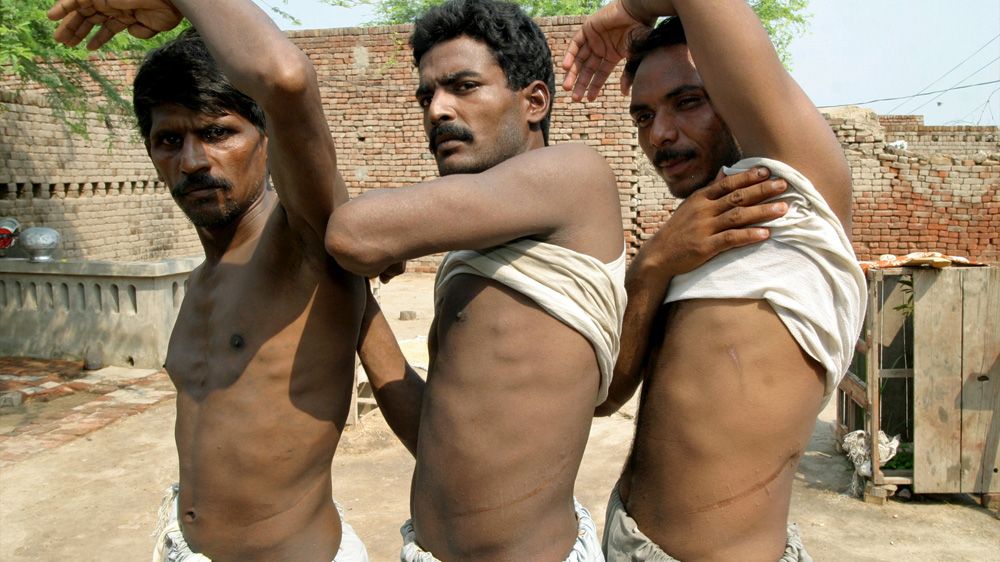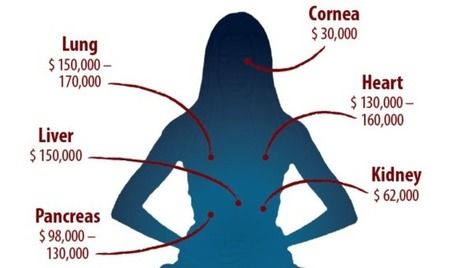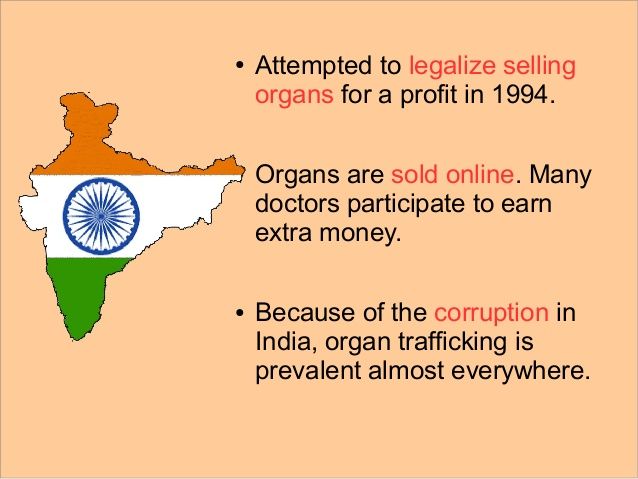Organ Selling Business
May 24, 2019 • 14 views
A four-and-a-half year old girl got operated upon at a hospital in Delhi in March. Two months later, her father alleged that one of her kidneys disappeared after the surgery. The hospital set up a committee to investigate the allegation and the outcome is awaited.

India is a land of diversity and richness; but also a land of contradictions. India has some of the richest people and the poorest. Today, India is a steadily growing hub of medical tourism and yet a vast majority of Indians have limited access to essential healthcare. In spite of all the financial and technological advances, even today children die of diarrhea and pneumonia in some parts of my country; young adults die of malaria and tuberculosis; and young mothers face childbirth in fear of death.
Organ trafficking, according to World Health Organization (WHO), is a commercial transplantation, where there is profit, or transplantations occur outside of national medical systems. The WHO estimated in 2007 that organ trafficking accounts for 5-10% of kidney transplants performed annually across the globe, and that in India, around 2,000 Indians sell a kidney every year. While in some cases people donate their kidneys for money, there are cases when the kidneys are removed without the patient’s consent
With the lack of willingness of people who want to donate, an illegal trade market becomes conducive. Cases of illegal organ removal and transplant appear in the media on and off.

Laws forbidding organ-trafficking have been in place since 1994, yet the heinous commercial trade goes on, as was highlighted by the case of the Apollo Hospital in New Delhi, one of the best hospitals in India. Doctors there admitted that they were duped into removed kidneys for transplant which ended up being sold for cash to organ traffickers. The doctors were deceived by fake documents which purported to show that the organ donors was undergoing surgery to help sick relatives. In fact, the organ was removed so that the donor could sell it for cash. Human trafficking for an organ removal continues in private transplant centers throughout India, service to foreign patients is ongoing, and victims’ consequences are long lasting. Lack of understanding coupled with real or perceived religious restrictions have further kept the organ supply far below demand.
The WHO estimates only 10% of global needs for organ transplantation arecurrently met. Some commentators suggest that the only way to meet needs and to eliminate the black market is to establish legal markets, at least for kidneys.
Others argue that legalisation will simply relocate the problems of existing markets and expand the trade.

Hold an event to inform people about the dangers oforgan trafficking. Spread your message on social media. Ask representatives to push for presumed consent donation laws. Together by awaking minds we can surely take a stand to curb this business.
